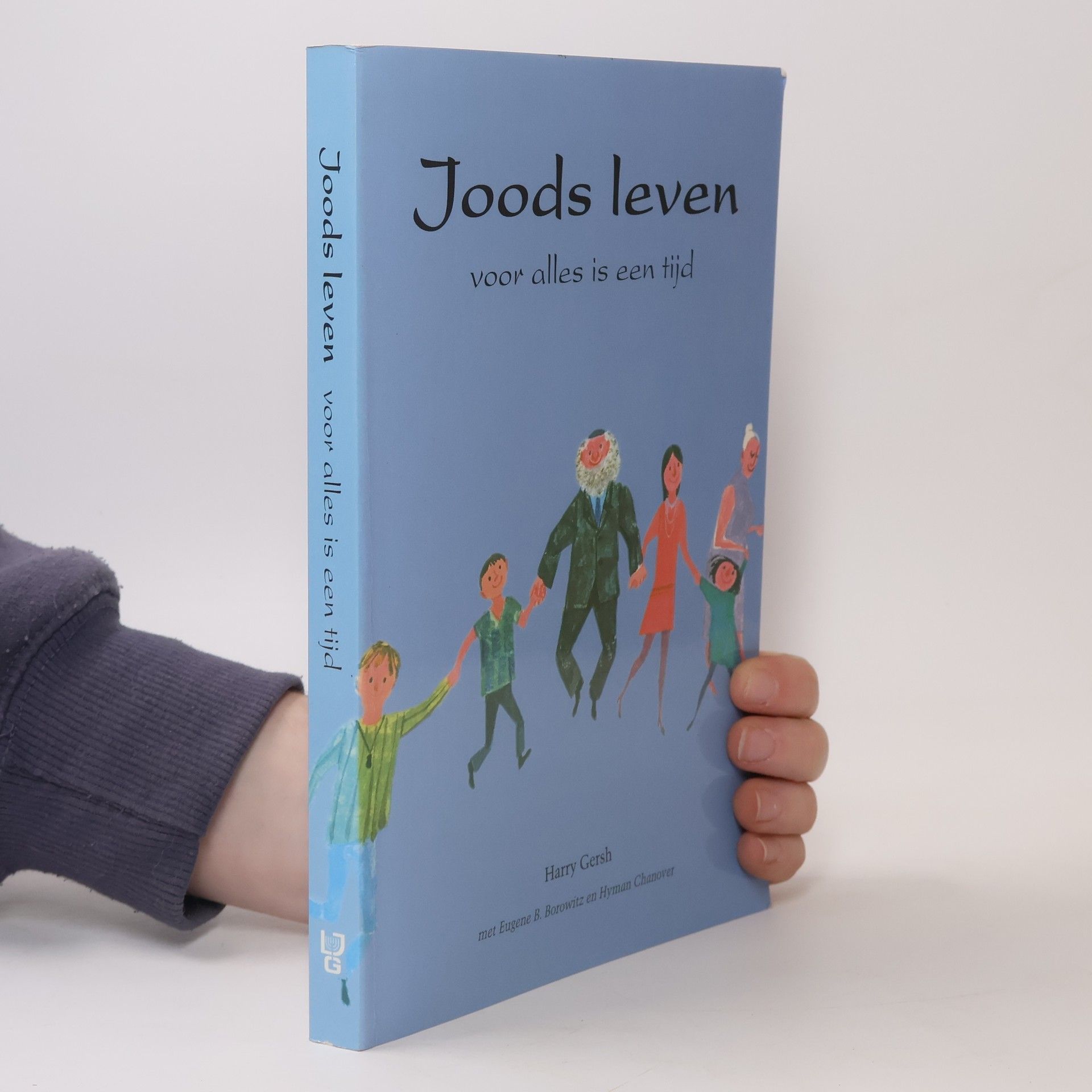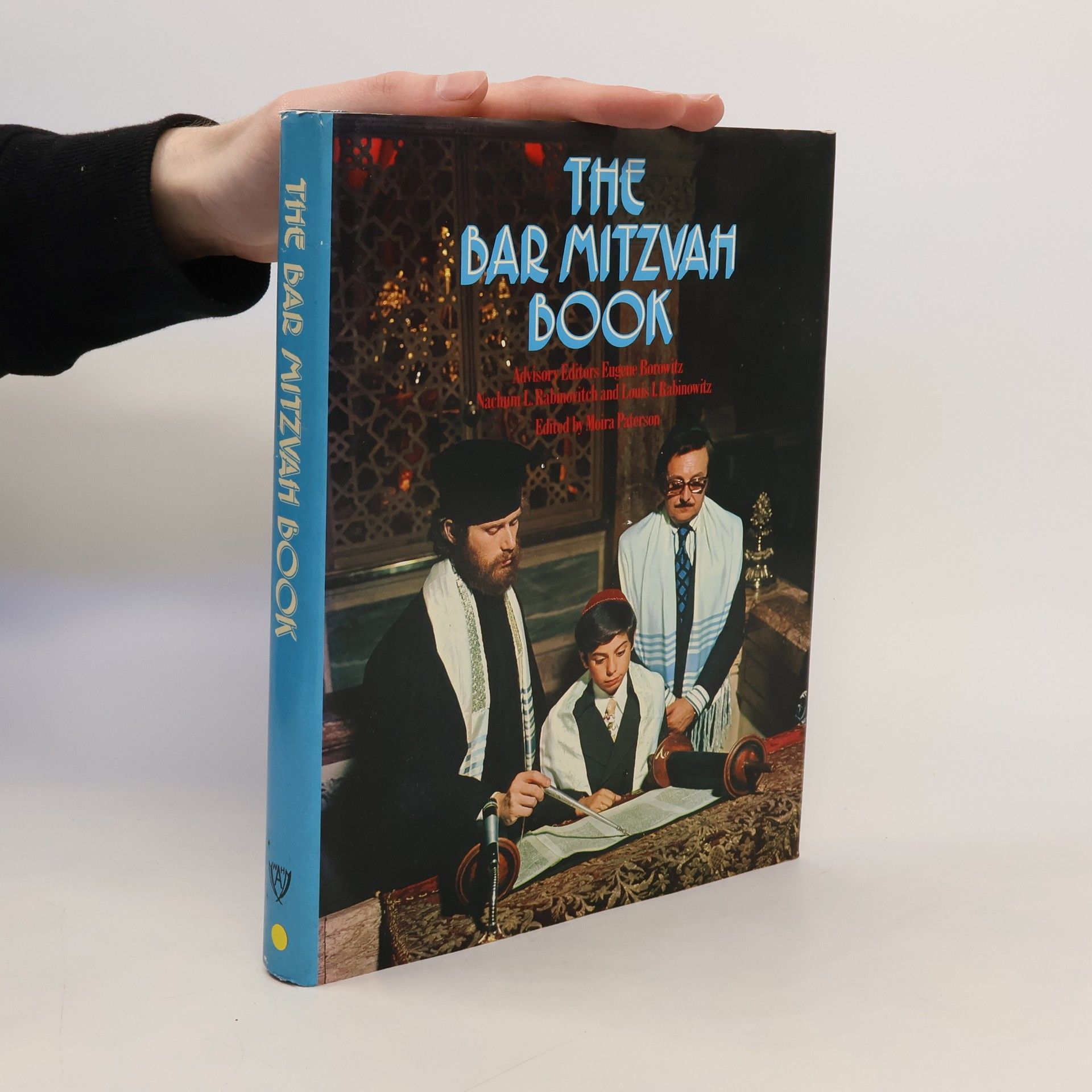The Bar Mitzvah Book
- 224 páginas
- 8 horas de lectura
The Bar Mitzvah book will provide all the details one needs to know regarding the subject of Bar Mitzvah.
Eugene B. Borowitz es un distinguido erudito centrado en el pensamiento religioso judío y su intersección con la educación. Su obra profundiza en las conexiones significativas entre las tradiciones intelectuales judías y los enfoques pedagógicos, explorando su relevancia en la vida contemporánea. La escritura de Borowitz se caracteriza por su análisis reflexivo y su compromiso de iluminar el panorama de la filosofía judía. Los lectores encontrarán sus contribuciones intelectualmente estimulantes e inspiradoras.


The Bar Mitzvah book will provide all the details one needs to know regarding the subject of Bar Mitzvah.
Informatie over het vieren van joodse feesten, gericht op joodse jongeren.